- Both China and Arab countries have a long history and brilliant civilization
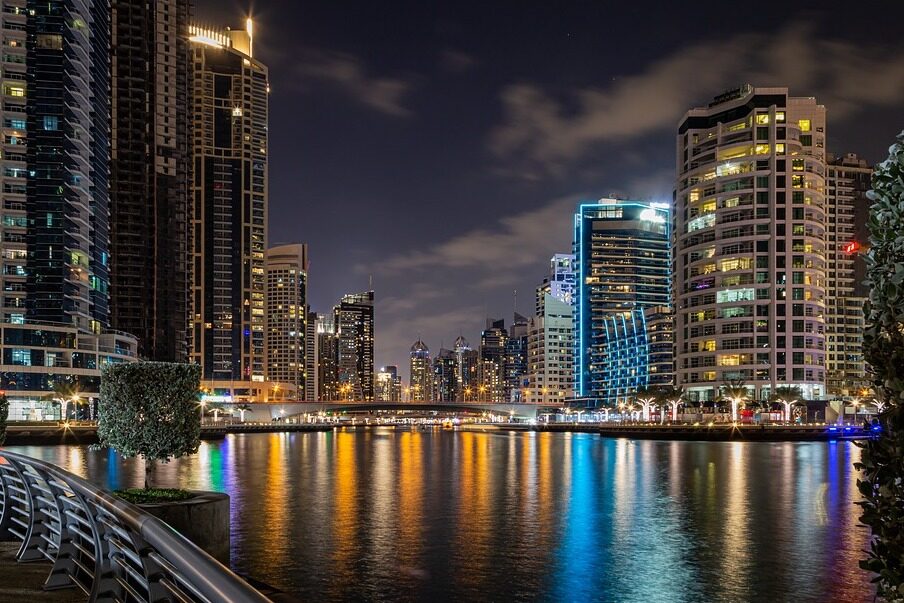
In the desert area of southern Jordan, the Jordan Dishi 24MW photovoltaic project undertaken by Shandong Electric Power Construction Third Engineering Co., Ltd. is under construction. This is the first photovoltaic project of a Chinese company in Jordan.
The desert area of southern Jordan has sufficient sunshine throughout the year, which is suitable for the construction of photovoltaic power plants. The project uses double-sided photovoltaic modules with tracking support technology, and a total of more than 60,000 photovoltaic panels have been installed. The project is expected to have a construction period of 270 days. After completion, the Chinese side will be responsible for the operation and maintenance of the project for two years.
"This photovoltaic project undertaken by China will alleviate the local power shortage, create a lot of employment opportunities, and benefit the local people." Jordan's "Ming Daily" commented. The report pointed out that Jordan needs to import a large amount of resources from abroad every year, and it is also one of the countries with the most serious water shortages in the world. Chinese companies help Jordan realize photovoltaic power generation, which is very exciting. As the photovoltaic power plant is adjacent to a water plant in Jordan, after the power plant is completed, it will not only meet the electricity demand of the people in the surrounding area, but also effectively alleviate the electrical power of the water plant and improve the water supply capacity of the water plant.
In August 2021, the Fifth China-Arab States Expo will be held in Yinchuan, Ningxia. At the Sino-Arab Energy Cooperation Summit Forum held during the period, the two sides focused on the theme of "Facing the Future: Opening up a New Era of Sino-Arab Energy Cooperation", and emphasized the active promotion of "oil and gas cooperation and low-carbon energy cooperation "two rounds", focusing on promoting clean energy. Cooperation in applied technology, low-carbon economy, energy transition, etc.
Clean energy construction has become an important area of cooperation between China and Arab countries along the Belt and Road. The Saudi Red Sea Integrated Smart Energy Project is jointly constructed by Saudi International Power and Water Corporation and China State Power Investment Corporation’s Upper Yellow River Hydropower Development Co., Ltd. The project can provide all-weather green energy supply and storage. Nahyan, chairman of Saudi International Power and Water Corporation, said that the project not only develops solar energy and renewable energy, but also provides integrated infrastructure for seawater desalination and wastewater treatment. The successful cooperation between Saudi Arabia and China in the field of new energy shows that the application of technology can not only create economic value, but also help achieve a healthier and safer life.
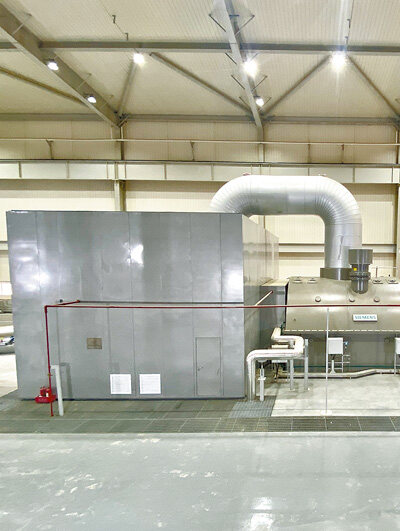
In Qatar, after the completion of the photovoltaic project constructed by China Longji Corporation, it will become the world's third largest single photovoltaic project. The project will supply power to the venues for the 2022 World Cup in Qatar, and at the same time can meet about 10% of the local electricity demand during the peak period, which will help reduce Qatar's dependence on traditional energy sources and promote economic diversification.
In the field of China-Arab traditional energy cooperation, the pace of transformation and upgrading is also accelerating. Saudi Aramco CEO Nasser said that as an important supplier to the Chinese energy market, the company is currently working with Chinese universities and companies to develop cleaner engine fuel systems and technologies to reduce greenhouse gas emissions. Cooperation in the development of many new technologies.
Technology Empowerment
The new crown pneumonia epidemic has profoundly changed people's lifestyle and shopping habits. In Arab countries, consumers who were accustomed to offline shopping and cash payment in the past have increasingly begun to choose online shopping and online transactions, and e-commerce has developed rapidly. The international consulting firm "Kearney Middle East" predicts that the total e-commerce business in Gulf countries will reach more than 29 billion U.S. dollars in 2021, and it will climb to 50 billion U.S. dollars by 2025. This provides more opportunities for China-Arab digital economic cooperation.
On both sides of the highway from Cairo, the capital of Egypt, to the coastal city of Alexandria, the Gobi is crisscrossed with yellow sand, and there are occasional green farms. Dina Farm is one of them. Sabelli, the vice president of the farm, told reporters that through the e-commerce platform, the farm is exporting more and more agricultural products to China. He pointed to the orange trees and citrus trees next to him and said: “In the past, these high-quality fruits were often unable to find buyers. Now you can sell the products to the Chinese market by operating your smartphone.”
Sabelli said: "We sell our fruits to China through an entrusted e-commerce trading company. I would like to thank Chinese consumers for buying our products, and also thank the convenient e-commerce platform for allowing our fruits to enter the Chinese market. ."
The Chinese e-commerce company Zhejiang has been deeply involved in the market of Middle Eastern countries for many years. It has accumulated more than 50 million users and its market influence has been continuously increasing. In November 2019, Zhiyu signed a memorandum of understanding with the Saudi Ministry of Communications and Information Technology (Ministry of Communications for short). The Deputy Minister of Communications of Saudi Arabia, Ahmed Saiyan, stated that the establishment of a strategic partnership between the Ministry of Communications of Saudi Arabia and the Ministry of Communications under the background of Saudi Arabia's acceleration of the implementation of the "Vision 2030" is a manifestation of the continuous deepening of cooperation between the two countries in the field of digital economy. He emphasized that Chinese companies attach great importance to the promotion of local human resources, and jointly build and share digital technologies and infrastructure with the locals, setting a model for promoting the development of the Saudi e-commerce market.
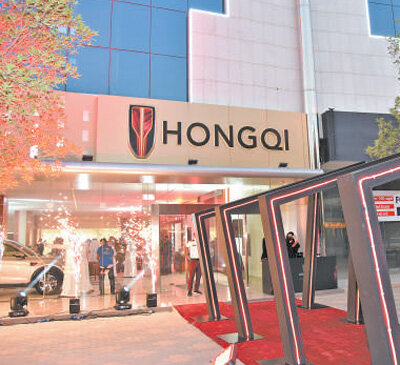
Many Chinese technology companies have gone abroad and carried out pragmatic cooperation with Arab countries to promote China-Arab digital economic cooperation to a new level. On April 10, 2018, China's Beidou satellite navigation system had its first overseas center. The center is located in the headquarters of the Arab Information and Communication Technology Organization in the Jazzara Science and Technology Park in the northern suburbs of Tunis, the capital of Tunisia. The equipment there can collect satellite data in real time and display it on the control screen. It is understood that the average number of Beidou satellites that can be seen over Arab countries has reached more than 8. The Beidou system has a positioning accuracy of better than 10 meters and an availability of more than 95%, which can provide high-quality satellite navigation services for the region. Amily Khalil, State Secretary of the Ministry of Higher Education of Tunisia, said: “The Beidou Center will help Tunisia and other Arab countries train more satellite navigation system talents, promote the development of the digital economy and the application of satellite navigation technology, and achieve mutual benefit and win-win results.”
Park construction
Industrial parks, economic and trade zones, industrial parks...In recent years, various parks built in Arab countries reflect the breadth and depth of China-Arab cooperation.
Drove 120 kilometers northeast from Cairo to the TEDA Suez Economic and Trade Cooperation Zone. The economic and trade zone was established in 2008. As of the end of December 2020, it has attracted 96 companies, with cumulative sales exceeding 2.5 billion U.S. dollars, paying nearly 176 million U.S. dollars in taxes and fees, directly solving about 4,000 jobs, and related industries driving nearly 40,000 jobs. .
The largest Chinese-funded manufacturing company in Egypt-Jushi Egypt Fiberglass Co., Ltd. (Jushi Egypt for short) is located in the economic and trade zone. With a total investment of 520 million U.S. dollars, Jushi Egypt has built a production base with an annual output of 200,000 tons of glass fiber in 6 years. The products are not only supplied to Egypt, but also sold to North Africa, Europe, the Middle East and other markets.
Mansour, assistant to the general manager of Jushi Egypt, told reporters that Jushi Egypt is the largest overseas production base of China's fiberglass industry, and it is an important achievement of the joint construction of the Belt and Road Initiative between Egypt and China. The growth of Jushi Egypt has made Egypt the world's fourth largest fiberglass producer and trader, attracting a large number of fiberglass supporting upstream and downstream companies to settle in Egypt, driving the vigorous development of the entire industrial chain.
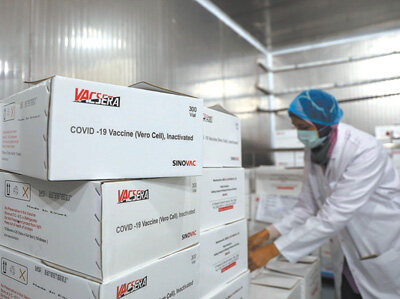
The UAE Khalifa Industrial Zone is located in the Port of Abu Dhabi, with a strategic location, 60 kilometers from the center of Abu Dhabi and about 80 kilometers from the center of Dubai. The goods in the industrial zone can be easily transported to more than 300 destinations around the world, and it is hailed as a "star project" by the local media.
The vision of the UAE government for the industrial park is: through the planning and development of ports and industrial zones, it will play a pivotal role in promoting the economic growth of the UAE, so as to better achieve sustainable development and promote the country’s "economic development by 2030". The blueprint is connected to the Belt and Road Initiative. It is estimated that by 2030, the Khalifa Industrial Zone will contribute up to 15% of the UAE's non-oil GDP.
Khalid, a senior reporter of the United Daily News of the United Arab Emirates, told this reporter: "The Khalifa Industrial Zone is strong and actively attracts Chinese companies to invest." For example, the "China-Arab Industrial Capacity Cooperation Demonstration Park" in the industrial zone was launched in 2018. Construction started in May, and in just one year, dozens of Chinese companies have been attracted to settle in. Fahad, the person in charge of the demonstration park, said that the cooperation demonstration park “based on Abu Dhabi’s resource endowments and market factors, focusing on the development of high-end equipment, fine chemicals, photovoltaic energy, commercial logistics and financial services, and other industries, has established a new foundation for the cooperation between the two countries. Benchmark". Keywords: One Belt One Road: One Belt One Road, One Belt One Road News, One Belt One Road Project
In recent years, China has continued to maintain its position as the largest trading partner of Arab countries. Driven by the joint construction of the Belt and Road Initiative, the construction of parks between China and Arab countries has developed vigorously, building an important platform for Chinese companies to invest in Arab countries, and promoting the continuous expansion of cooperation between the two sides and achieving fruitful results.Editor/XuNing
Comment
 Praise
Praise
 Collect
Collect
 Comment
Comment
 Search
Search



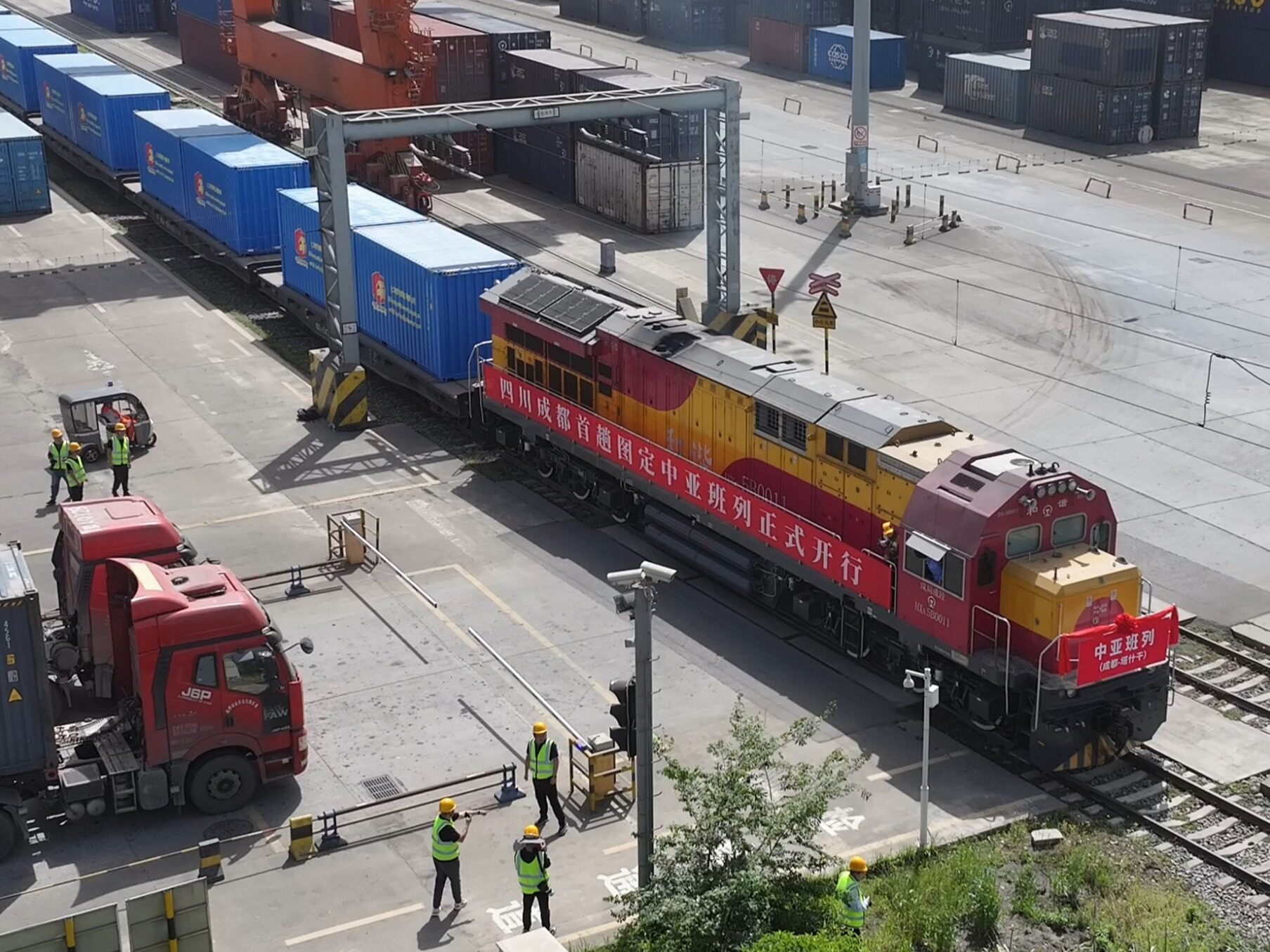










Write something~